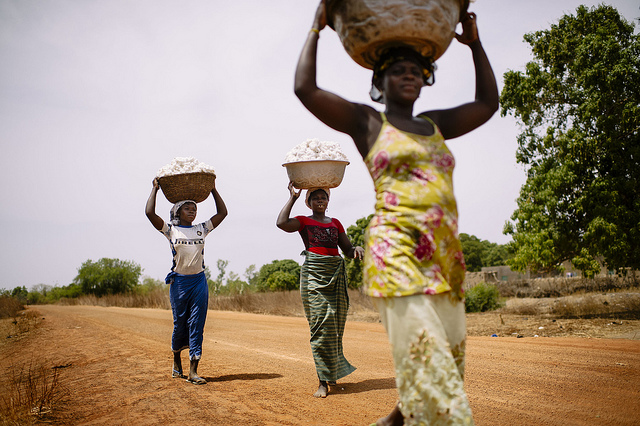
On the occasion of International Women’s Day, Bioversity international has launched a series of factsheets on “Creating mutual benefits: examples of gender and biodiversity outcomes from Bioversity International’s research”. The publication features six case studies carried out by Bioversity International with local NGOs and partners. Three of these take place in forest and agroforestry landscapes, and are the result of FTA research initiatives. Women are typically involved in biodiversity management, but they are often excluded from research processes.
Following this year’s theme #BeBoldForChange, the case studies are a perfect example of how adopting a gender lens in research can lead to opportunities and benefits for both men and women. These case studies illustrate that a focus on gender and biodiversity, and efforts to actively include women and marginalized groups in research activities, can lead to more equitable relations and decision-making as well as positive food security and biodiversity outcomes.
Please click on the links below to read the three factsheets:
- Gender responsive value chain development and conservation of native fruit trees through an inclusive learning process: a case study in Western Ghats, India (5 MB)
- Promoting gender equality, social inclusion and biodiversity conservation in Nepal’s home gardens (4.6 MB)
- Participatory research to elicit differentiated knowledge of native fruit trees (3 MB)











